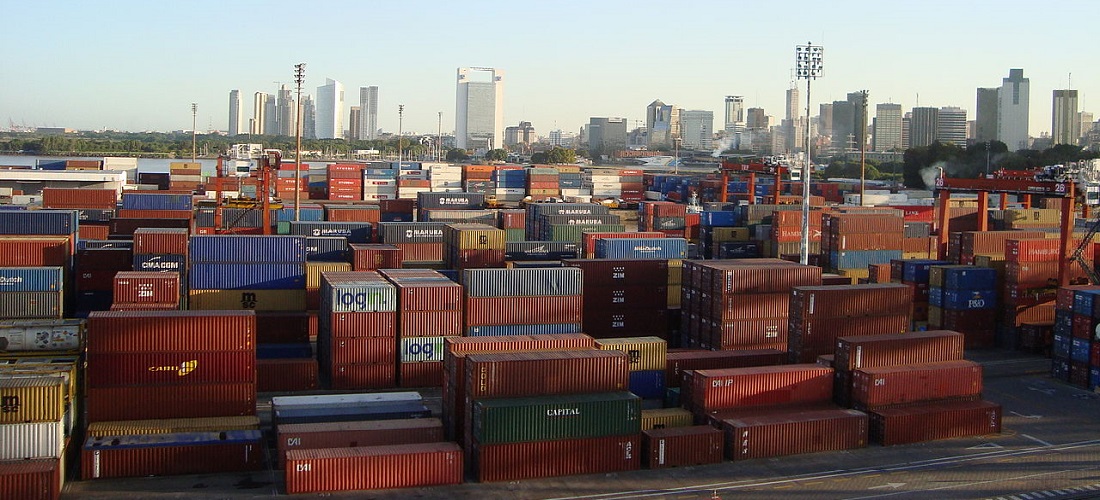
Argentina Eases Courier Import Limits to Boost Price Competition
Dec, 06, 2024 Posted by Gabriel MalheirosWeek 202446
Argentina has raised the simplified import limit from $1,000 to $3,000 per shipment. Citizens now have access to more affordable goods, which likely reduces high domestic prices. Competition grows amid triple-digit inflation, and high domestic prices may decrease.
A New Path to Affordable Goods
Argentina’s government announced a major change to its courier import policy on December 1, 2024. They raised the maximum import limit for simple shipments from $1,000 to $3,000. This update appeared in the Boletín Oficial. It also introduces a customs duty break of $400 per package. Each person can benefit from this for up to five packages a year.
Individuals and companies are now able to import packages weighing up to 50 kilograms, simplifying access to goods from other countries. These changes are expected to help Argentinians who have faced steep prices. The situation arose from limited competition and strict foreign exchange controls. It’s a great relief for many.
Federico Sturzenegger, Minister of Deregulation and State Transformation, commented on the policy via his account on X (formerly Twitter): “This new measure begins to regulate the prices of many goods, fostering greater competition and affordability for consumers.”
Addressing Inflation and Currency Challenges
Argentina’s annual inflation rate has jumped past 100%, creating big economic problems. Strict currency controls were put in place to save foreign money reserves. These controls have limited access to imported goods. People face shortages and see soaring prices for items not made in Argentina.
New import policies are part of President Javier Milei’s plan to lift these restrictions gradually. The government wants people to buy clothes, toys, and small appliances from other countries at low prices. This change offers financial help and expands shoppers’ choices.
The government shared an example of how this new policy works. A winter jacket that costs $100 in another country now has $67 import taxes. With the new rules, this tax drops to just $21, making such goods significantly cheaper for everyday shoppers.
These policy changes come at a very timely moment. Argentina approaches the holiday season. Families who previously could not afford to shop internationally—or lacked the means to travel to popular shopping destinations like Miami or Chile—can now access a broader range of goods at lower prices.
Balancing Competition and Regulation
The new policies provide consumers with greater options while establishing clear rules to prevent abuse. For instance, shipments exceeding $400 remain subject to standard taxes and duties, ensuring fairness and discouraging fraudulent practices.
Raising the import limit for courier shipments aims to boost foreign trade and alleviate the economic challenges caused by protectionist policies. By easing import controls, Argentina seeks to strengthen its integration with global markets and address the high prices driven by monopolistic practices.
However, the policy raises concerns about its long-term viability. Critics worry it overlooks the country’s limited foreign currency reserves, adding pressure to Argentina’s international finances. Others argue that increased imports could harm local industries, which are already struggling to compete with international brands. Conversely, supporters believe heightened competition will push domestic companies to improve their products and services, ultimately benefiting consumers.
Relief for the Holiday Season
The policy shift is expected to have a noticeable impact during the holiday season, allowing Argentine families to purchase gifts and household items at more affordable prices. This relaxation offers financial relief during tough times and renews consumer optimism.
The decision reflects the government’s effort to modernize Argentina’s trade policies, striking a balance between economic openness and protecting domestic industries. Economists view the measure as a necessary step to address immediate consumer challenges while underscoring the need for broader structural reforms.
With this new policy, the government signals its commitment to providing consumers with more choices, fostering a more competitive market aligned with current economic realities. The question remains whether this flexibility can coexist with Argentina’s long-term economic challenges.
Source: Latin American Post
-
Other Logistics
May, 25, 2021
0
VLI will transport cellulose from LD for 30 years
-
OTI Rankings
Sep, 15, 2021
0
OTI Rankings Jan-Jul 2021 for Brazil and Plate
-
Grains
Oct, 14, 2024
0
Why does Brazil grow so much soy and eat so little?
-
Ports and Terminals
Feb, 14, 2025
0
Federal Government Officializes Santana Port Lease and Unveils Major Investments

